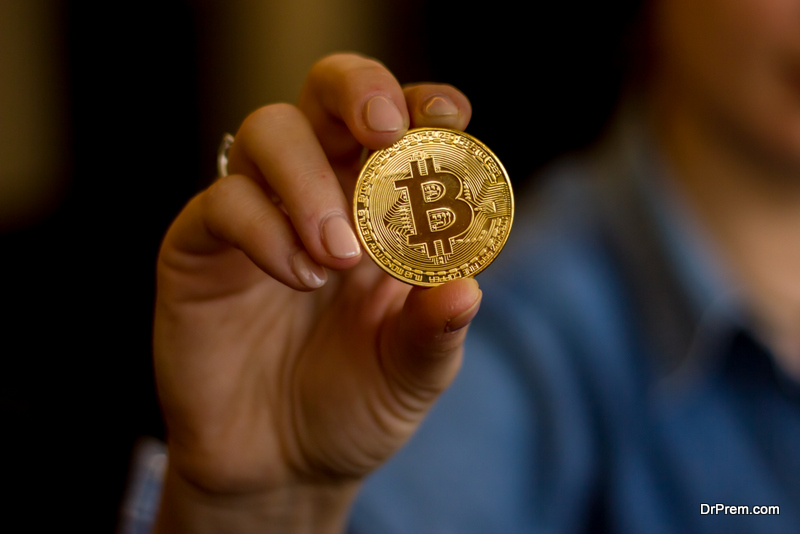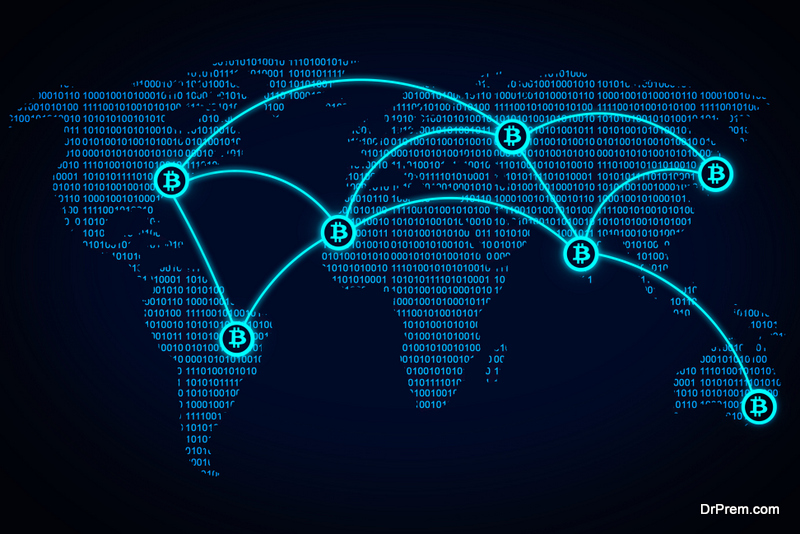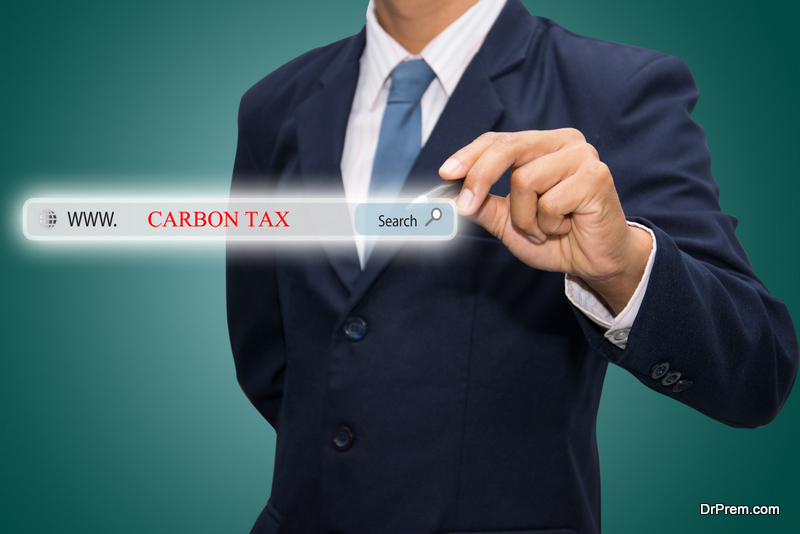Within the next thirty years, our planet will be as contaminated as ever, oceans will be filled with plastic bags and we will inhale too much of carbon dioxide. But, a digital technology referred as blockchain can help and do some good to save the environment .  The blockchain is a shared database comprising Ethereum and Bitcoin, which is already used in payments and in practice by several banks. If used across the globe, the technology can help stop climatic damage and even reverse it. It will change the way various industries are operating and explore new methods to fight climate change.
The blockchain is a shared database comprising Ethereum and Bitcoin, which is already used in payments and in practice by several banks. If used across the globe, the technology can help stop climatic damage and even reverse it. It will change the way various industries are operating and explore new methods to fight climate change.
1. Blockchain – a global passbook

The blockchain is a database that stores all the financial transactions or any other data. Transactions are copied to multiple computers across the globe and can be used by anyone to run the network. It is not owned by anyone, hence removes the requirement of any middlemen and allows the users to work in a peer-to-peer network. It reduces the transaction costs and increases efficiency. As the database is stored on multiple machines, it’s difficult to take it down.
2. Recycling
Many companies are investing in recycling programs, but there are no records of the cost and their impact. Apart from that, none of the companies gives any rewards to participate in any recycling process.
Blockchain technology can keep a check on the investment of such companies and make sure that the amount is reaching the right places. The technology will encourage participation in garbage recycling and can change the mindset of organizations who are not willing to take any steps about it.
Example: Blockchain recycling program can offer incentives in return of recyclable materials like can, plastic containers or bottles. Incentives will be in the form of cryptographic currency, which will encourage people to recycle more, use less water and follow proper disposal methods. Such setup already exists in several parts of the world, especially Northern Europe. Social plastic or Plastic bank is one of such programs, where consumers can submit used plastic and get services like free phone charging, cooking fuel or cryptocurrency benefits.
3. Supply chain transparency

Most of us always look to shop for Eco-friendly products, but none can verify the manufacturing process. A product passes through several dealers and distributors before reaching the local store. Makers can simply lie about the materials and chemicals used. They can advertise whatever they want about the disposal or the carbon emission.
Blockchain can give us the power to track the product from the factory until it reaches the store shelf. Consumers will know the manufacturing and shipping process of products so that they can make better Eco-friendly choices.
Example: If we track food, we can buy locally made products knowing that it is fresh and there are no carbon emissions involved during its transportation. FoodTrax is an app developed by Blockchain Development Company to track food from its origin to the purchase counter. Provenance is another app that can make the supply chain transparent.
4. Energy efficiency
Blockchain technology can bring some innovative change to the energy sector. Power consumed by us are supplied from power plants located at distant places. Such plants are known to produce unused energy in surplus amount and creating an inefficient distribution. Blockchain technology revolutionizes this process by introducing peer-to-peer energy sharing.
Microgrids of the households making renewable energy will be able to share the surplus outcome with buildings or houses with an energy deficit. Such a process will eliminate energy storage and its long-distance transmission. It will enhance the power efficiency as individuals will be able to take power from their nearest source. In addition, the process can incline individuals towards renewable energy and give them chance to generate extra income through extra energy they generate.
A joint program of LO3 Energy in collaboration with ConsenSys is Transactive Grid, that is performing on blockchain platform. For solar and other renewable energy resources, there is anoher a peer-to-peer energy exchange platform named SunContract.
5. Environment treaties

There are fewer chances that anyone can track the impact of environmental treaties and there are no incentives for government or contractors to keep such promises. False investment, data manipulation and fraud are the other problems. Blockchain will enable progress track of such commitments, their impacts on the environment and stop the government officials from back gearing on any signed treaty.
Around 980 million is spent every year on the administration of environment-friendly plans. If we have an inevitable record of the money then none of the government can perform illegal business over carbon prints.
6. Non-profit organizations
Numbers are increasing for non-profits working to save the environment. Such companies receive donations but none of us can keep track of any donations or investment made by them. Blockchain can safely store all the transactions made through such establishments and remove the need of any middlemen.
Cryptocurrency can be transferred without bank accounts, so it will be beneficial for areas lacking banking infrastructure. Above all, money will reach to those who are really in need without the complexities of administrative authorities and greedy middlemen. BitHope and BitGive are two cryptocurrency charities working as per the same structure.
7. Carbon emission tax

Environmental impact of any product is difficult to measure and its carbon emission is not counted in the selling price. Companies selling Eco-friendly products are not getting any incentives to sell such products, even the consumers aren’t getting anything extra to purchase products that make less impact on our environment.
Blockchain will enable measurement of carbon footprint by any product and that can be added as carbon emission tax to its price. High carbon footprint will result in higher prices. Consumers will choose products will less price tag aka products with less carbon footprint. Following such a process will force the manufacturers to redesign their supply chain to compete in the market and pay low carbon taxes.
Blockchain-based selling system can give a carbon ranking to every company or product. Consumers will choose their products based on the same rankings, which will save the environment from negative impacts.



